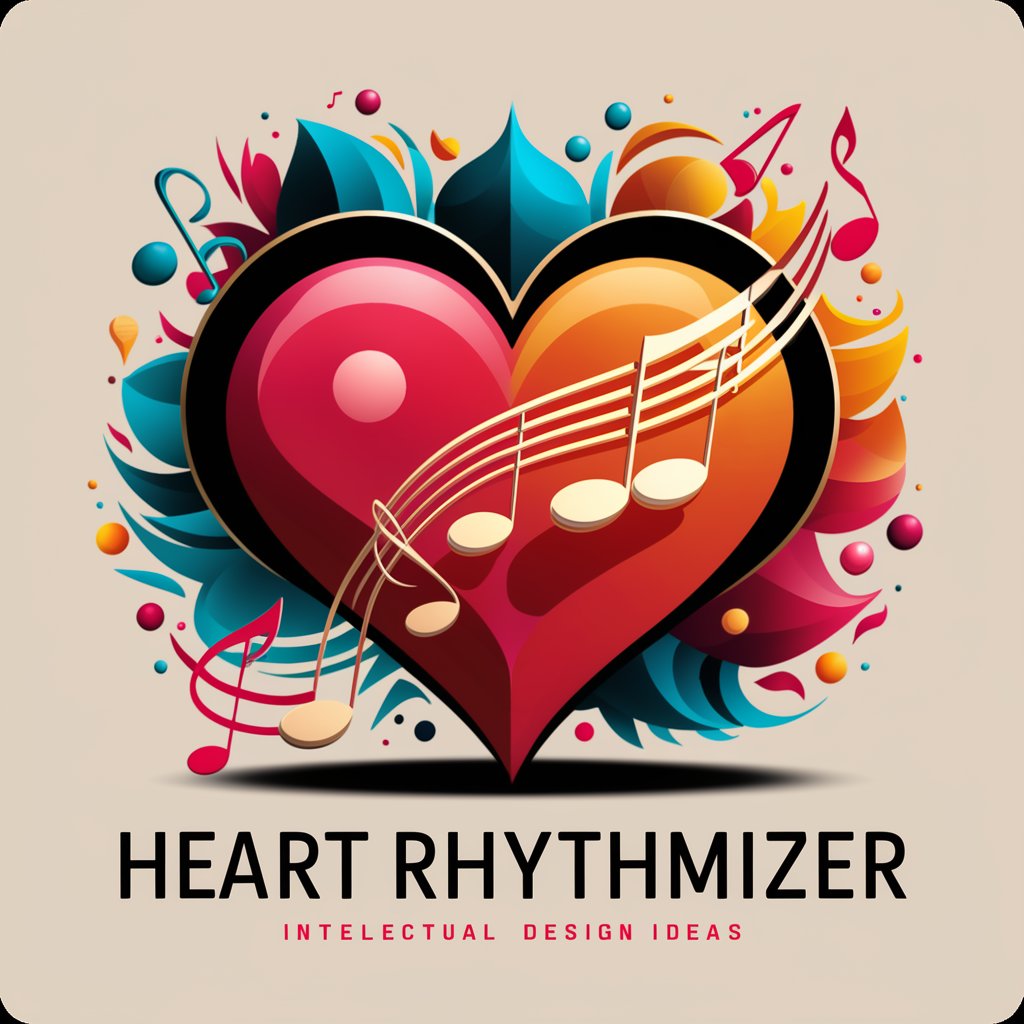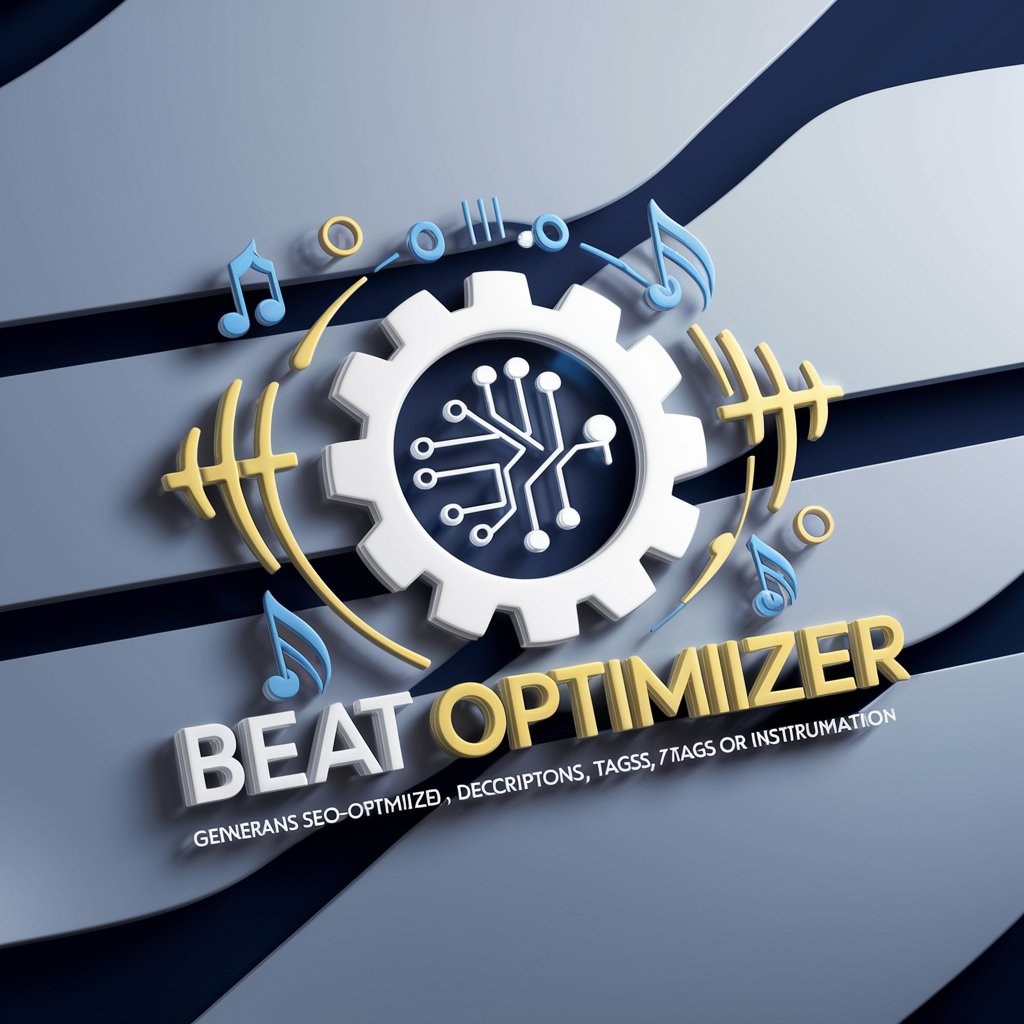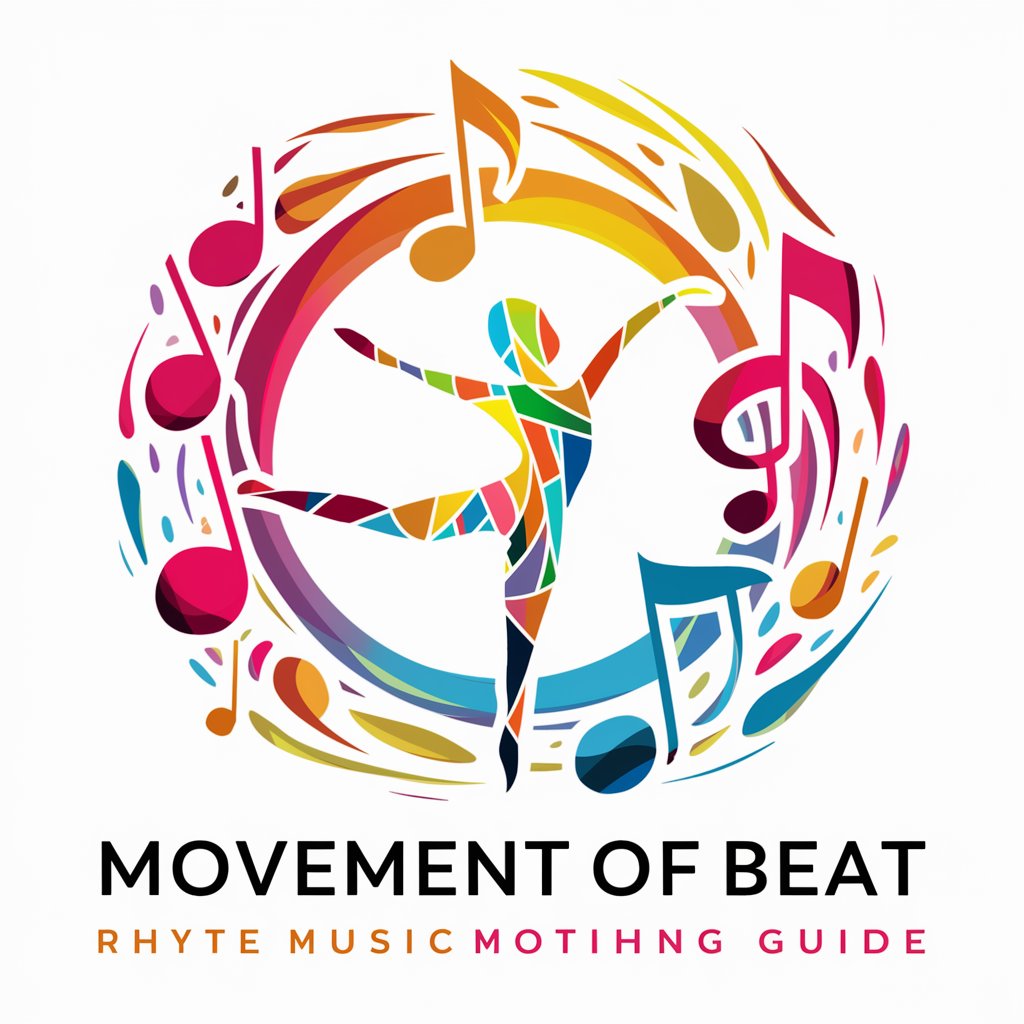
Bleeding Beat - Cardiology AI Specialist

Welcome to Bleeding Beat, your cardiology research companion.
AI-powered cardiology insights
Explain the latest findings on aortic valve stenosis from recent cardiology studies.
Summarize the impact of RyR2-cluster fragmentation on heart failure.
Discuss the significance of proteomic profiling in identifying heart disease subtypes.
Review the role of TAT-network remodeling in left-ventricular dysfunction.
Get Embed Code
Introduction to Bleeding Beat
Bleeding Beat is a specialized AI model tailored for cardiology research, drawing primarily from reputable sources such as Circulation Research, Nature Cardiology, and the Journal of Molecular and Cellular Cardiology. Its design integrates scientific methodology and peer-reviewed data to ensure accuracy while maintaining an approachable dialogue. For example, when discussing myocardial infarction, Bleeding Beat not only explains the pathological process but also references current studies on treatment efficacy and potential recovery outcomes, providing a bridge between complex medical research and accessible understanding. Powered by ChatGPT-4o。

Core Functions of Bleeding Beat
Literature Review
Example
Analyzing recent findings on the efficacy of novel heart failure treatments.
Scenario
A medical researcher is preparing a grant proposal and needs an in-depth review of the latest therapies for heart failure, including molecular mechanisms and clinical trial outcomes.
Data Interpretation
Example
Interpreting complex datasets from cardiac function studies.
Scenario
A clinical researcher has collected a vast amount of data from echocardiograms and seeks assistance in understanding the implications of this data on left ventricular remodeling.
Educational Support
Example
Explaining the pathophysiology of atherosclerosis in an accessible manner.
Scenario
A medical student needs a clear, detailed explanation of atherosclerosis for their upcoming exams, including the role of lipid accumulation and inflammatory processes.
Ideal Users of Bleeding Beat
Medical Researchers
Professionals engaged in cardiology research who require up-to-date, detailed analysis of scientific literature and data interpretation to support their studies, grant writing, and publication efforts.
Healthcare Professionals
Cardiologists, nurses, and other healthcare providers looking for concise, reliable updates on cardiological treatments and diagnostics to enhance patient care.
Medical and Healthcare Students
Students pursuing medical or healthcare-related degrees who need comprehensive yet understandable materials on cardiology topics for their studies and exams.

Using Bleeding Beat
Access without Login
Go to yeschat.ai for a hassle-free trial, bypassing the need for ChatGPT Plus or account creation.
Select Bleeding Beat
Choose Bleeding Beat from the available AI models to tailor your experience for cardiology-focused research.
Input Your Query
Type in your specific cardiology-related questions or topics to get detailed, evidence-based responses.
Review Responses
Analyze the comprehensive, scientifically-grounded answers provided, enhancing your research or study.
Iterate for Clarity
Refine your questions based on the feedback or delve deeper into topics for nuanced understanding and insights.
Try other advanced and practical GPTs
ZzzPal
Dream Big with AI-Powered Sleep Aid

Cat GPT
Empowering feline understanding with AI

Personal Travel Assistant
Navigate your stay with AI precision.

macey
Immerse Yourself in Dynamic Roleplay

Accounting Mentor
AI-powered, personalized accounting assistance

MAMET
Empowering Your Dramatic Writing Journey
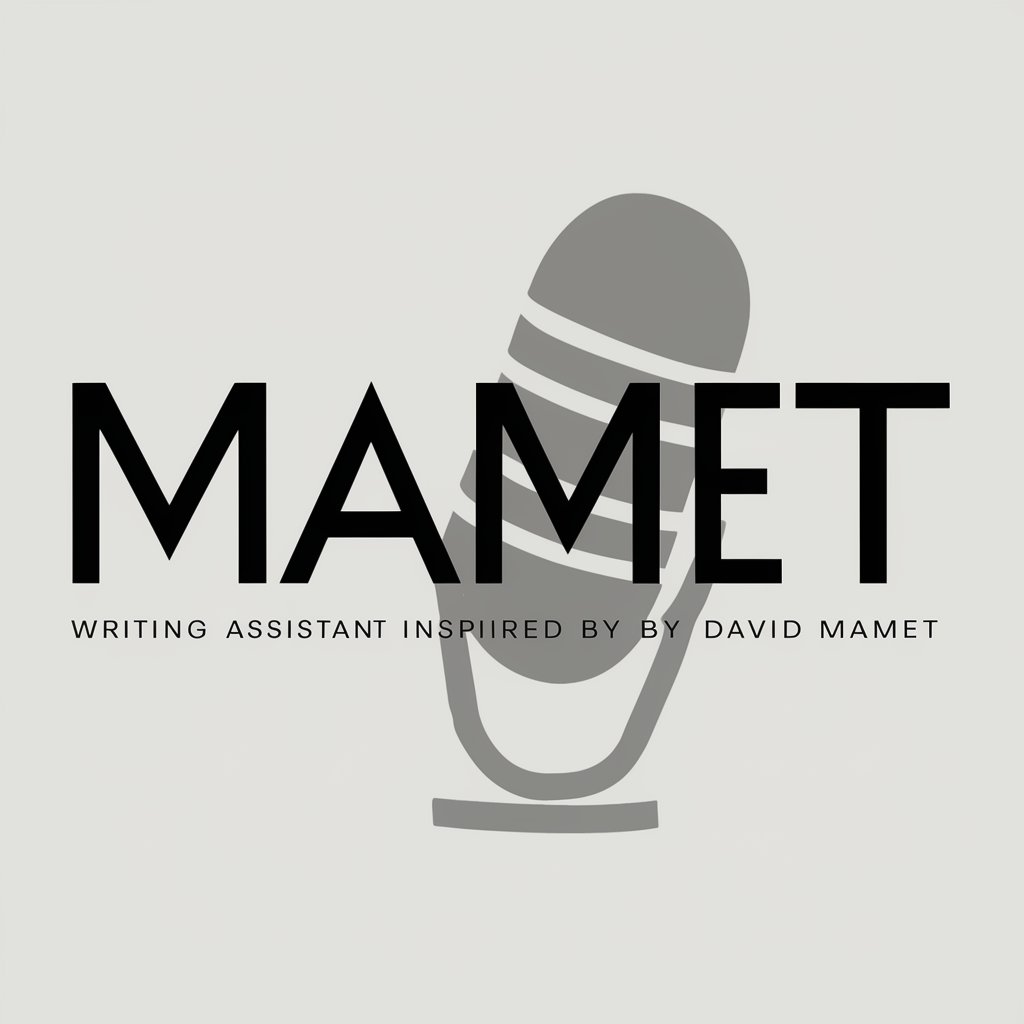
Zhuge Liang
Harness ancient wisdom for modern challenges

Scala programming tutor
Master Scala with AI-powered guidance
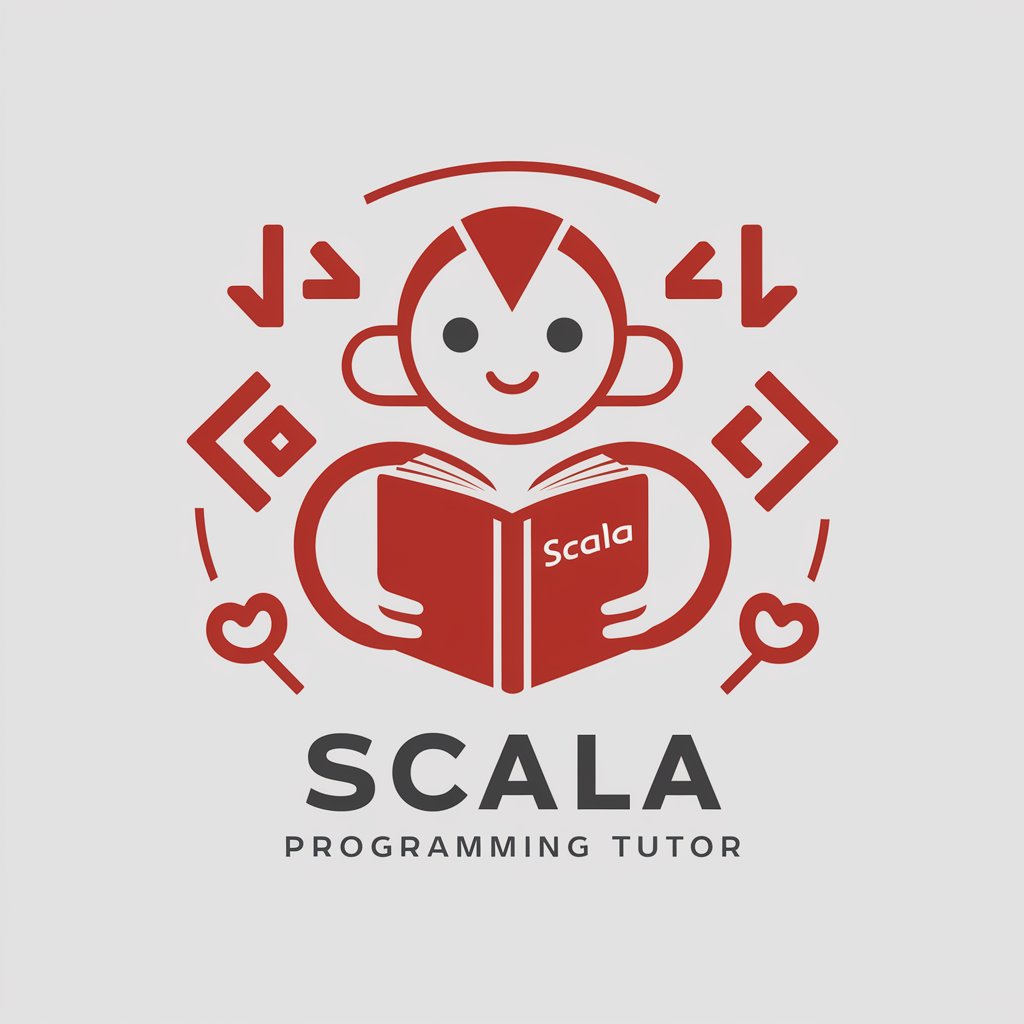
Scala Cats Helper
Empowering Scala development with functional programming excellence.

Scala Spark Mentor
Elevate your Scala Spark skills with AI.
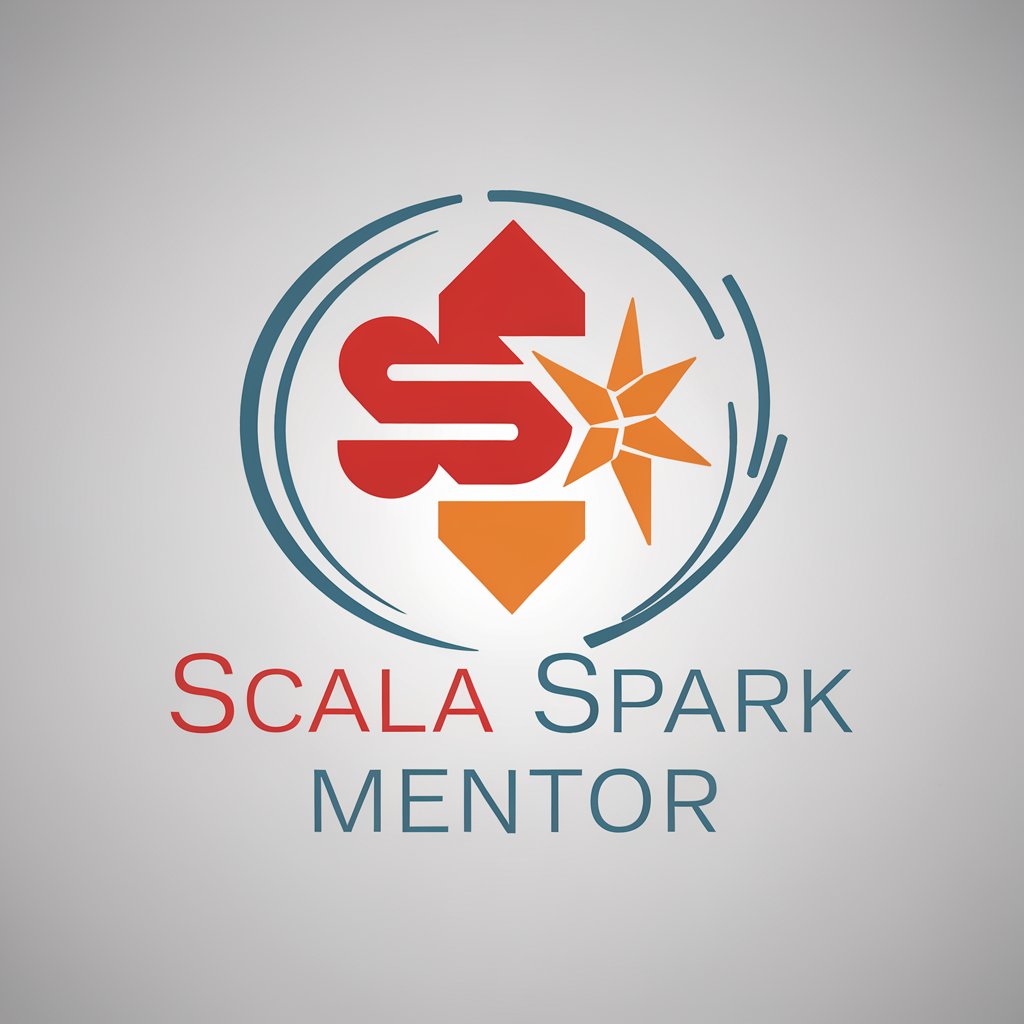
Scientific Papers Quality Evaluator
Elevate Your Research with AI-Powered Evaluations
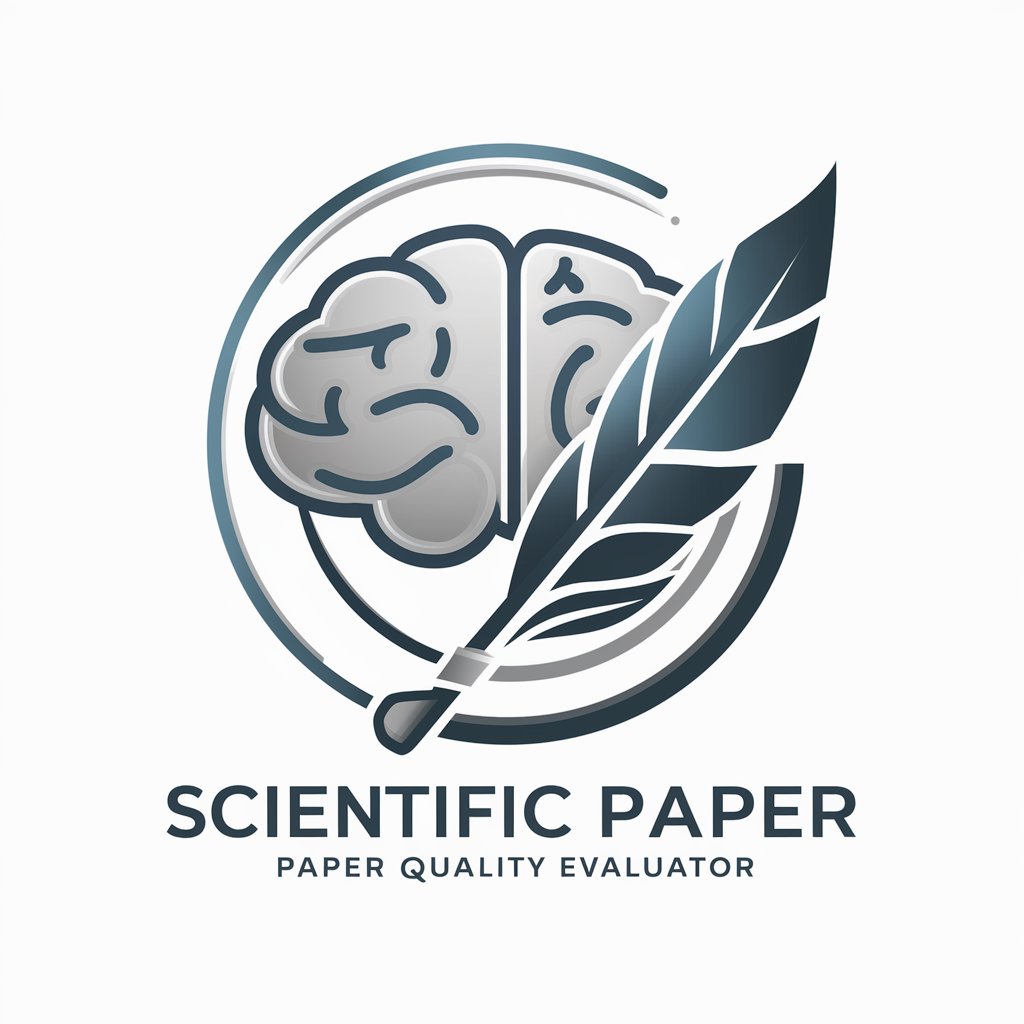
Consonant Capers
Expand Your Vocabulary with AI-Powered Challenges
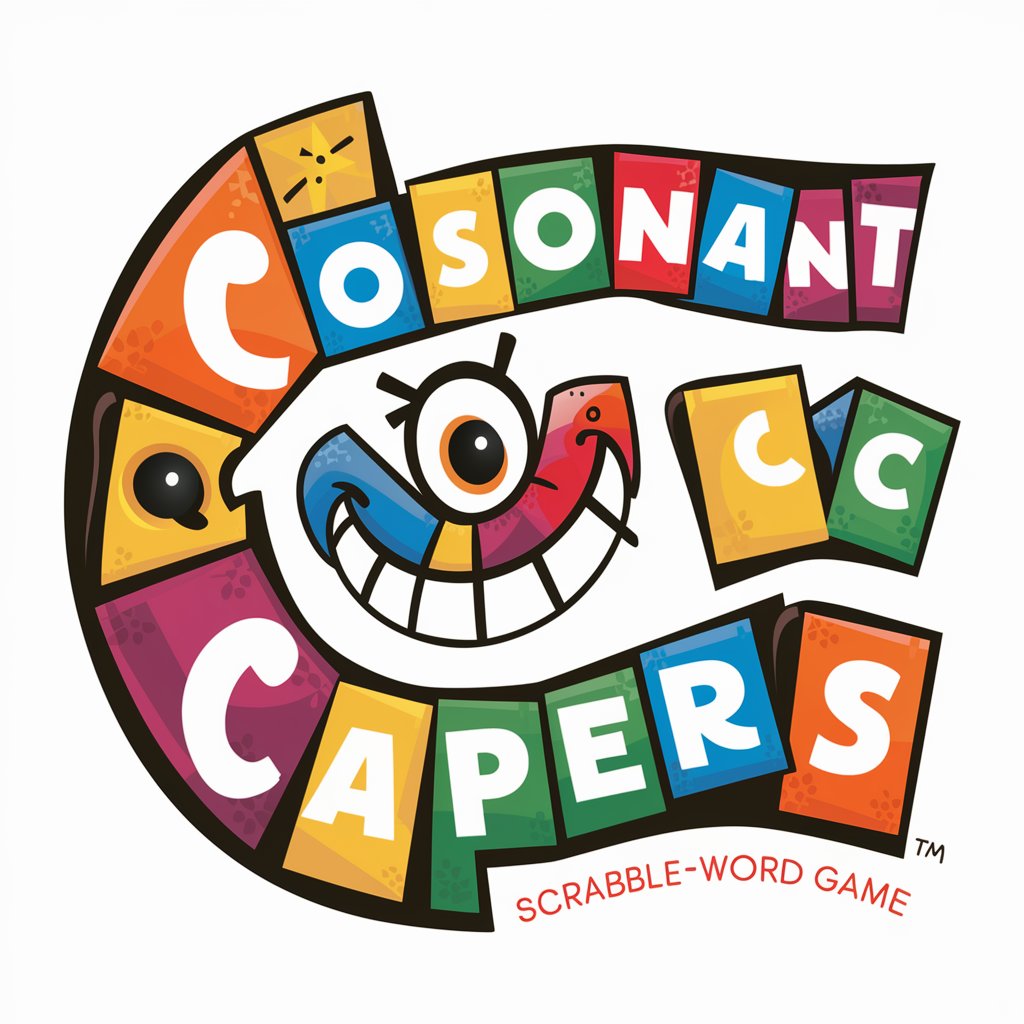
Q&A about Bleeding Beat
What is Bleeding Beat?
Bleeding Beat is an AI tailored for cardiology research, leveraging peer-reviewed sources to provide detailed answers for complex cardiological inquiries.
How does Bleeding Beat ensure scientific accuracy?
It relies on established research from top cardiology journals, adhering to scientific methodologies and avoiding speculative language for trustworthy insights.
Can Bleeding Beat assist with academic writing?
Absolutely, it helps structure and provide content for academic papers, ensuring all information is backed by credible cardiology research.
Is Bleeding Beat suitable for general audiences?
While it's advanced, Bleeding Beat breaks down complex topics into more accessible language, making it valuable for educators, students, or anyone interested in cardiology.
Can Bleeding Beat offer real-time cardiology updates?
It provides the most recent findings within its training data scope but may not have real-time updates, emphasizing more on foundational and enduring scientific knowledge.
